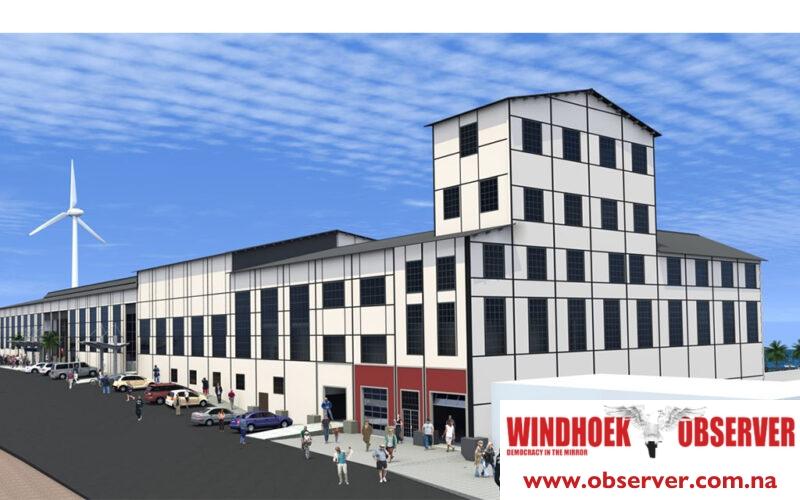Niël Terblanché
Namibia’s education sector took another step forward when the Namibia University of Science and Technology (NUST) officially inaugurated its Lüderitz Research Campus on Wednesday.
The new campus will bridge the gap in science and technology education and will play a vital role in advancing Namibia’s green energy ambitions and growing sustainable development.
The Chancellor of NUST and Speaker of Parliament, Professor Peter Katjavivi, while officiating at the official launch stressed the critical role that education plays in national progress.
He championed the power of education in nurturing critical thinking and innovation, qualities that are essential to propelling Namibia into the future.
“Education is not just a path to personal success; it is the engine that propels national progress and innovation,” Katjavivi said.
He added that the decision to establish a NUST campus in Lüderitz was first conceived in 2009, and was driven by Namibia’s national development goals.
“Over the past 15 years, the Namibian government has invested over N$100 million in this initiative, reflecting a commitment to making education accessible to all citizens, regardless of their location,” he said.
According to Katjavivi, the establishment of the campus in Lüderitz aligns with Namibia’s strategic focus on emerging sectors such as green hydrogen and the oil and gas industry.
“The Lüderitz campus is set to serve as a hub for cutting-edge research and technology, offering students the opportunity to engage in critical fields that will shape Namibia’s sustainable development,” he said.
Katjavivi noted the symbolic significance of the theme for the event, “Lens of the Future”, which stresses the campus’s role in driving innovation in green energy, sustainable energy systems, and industrial development.
“The campus will serve not only the town of Lüderitz but also surrounding areas, creating a ripple effect of educational empowerment that extends across the //Kharas Region,” he added.
He said that the facility will create new partnerships between academia, industry, and local communities, with international collaborations already underway.
Notable partnerships include collaborations with the Hydrogen Lab at RheinMain University of Applied Sciences and the Leibniz Institute for New Materials in Germany, which aim to advance research in green hydrogen and other sustainable technologies.
He said that the campus would also be a centre for community engagement, ensuring that research conducted here addresses both local and national needs.
“This practical and scalable approach is intended to develop graduates who are knowledgeable, socially responsible, and ready to lead Namibia into a more prosperous future,” Katjavivi said.
He urged students to seize the opportunity with determination and added that their education is a powerful tool to innovate and inspire positive change.
According to Katjavivi, the new campus is a demonstration of an investment in the future of Namibia’s youth as well as a step toward a brighter, more sustainable future for the entire nation.




